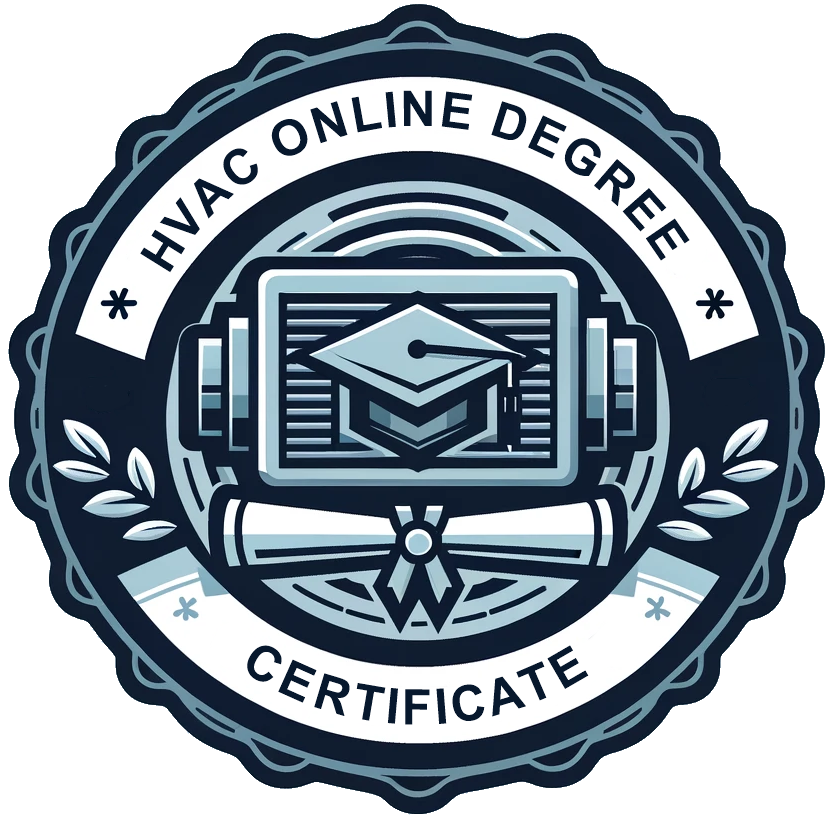The Role of HVAC Technicians in Energy Efficiency
HVAC technicians play a crucial role in promoting energy efficiency in residential, commercial, and industrial buildings. By installing, maintaining, and optimizing HVAC systems, technicians can help reduce energy consumption, lower utility costs, and minimize the environmental impact of heating, cooling, and ventilation. In this article, we’ll explore the various ways in which HVAC technicians contribute to energy efficiency.
Key Contributions to Energy Efficiency
- Proper installation: HVAC technicians ensure that new systems are installed according to manufacturer specifications and industry best practices. Proper installation is essential for achieving optimal energy efficiency, as even minor deviations can lead to reduced performance and increased energy consumption.
- Regular maintenance: By performing regular maintenance tasks, such as cleaning coils, replacing filters, and calibrating controls, HVAC technicians help keep systems running at peak efficiency. Well-maintained systems use less energy, last longer, and provide better indoor comfort.
- System optimization: HVAC technicians can optimize existing systems to improve energy efficiency. This may involve adjusting refrigerant levels, balancing airflow, or fine-tuning control settings to ensure that the system operates at its most efficient point.
- Retrofits and upgrades: As HVAC technology advances, technicians can recommend and implement retrofits and upgrades that enhance energy efficiency. This may include installing variable speed motors, upgrading to high-efficiency equipment, or adding smart controls that adjust system operation based on occupancy or weather conditions.
- Energy audits: HVAC technicians can conduct energy audits to identify opportunities for improving energy efficiency. By assessing the performance of existing systems, evaluating building envelope characteristics, and analyzing energy consumption data, technicians can recommend targeted improvements that reduce energy waste.
- Customer education: HVAC technicians play a key role in educating customers about energy efficiency. By explaining the benefits of regular maintenance, promoting energy-saving habits, and recommending efficient equipment options, technicians can help customers make informed decisions that reduce their energy footprint.
- Collaboration with other professionals: HVAC technicians often work alongside other professionals, such as energy managers, building engineers, and sustainability consultants, to develop and implement comprehensive energy efficiency strategies. By sharing their expertise and collaborating on projects, technicians contribute to the broader goal of creating more sustainable built environments.
As the demand for energy efficiency continues to grow, the role of HVAC technicians in promoting sustainable practices will become increasingly important. By staying up-to-date with the latest technologies, best practices, and industry trends, HVAC technicians can position themselves as valuable partners in the pursuit of energy efficiency and environmental stewardship.
